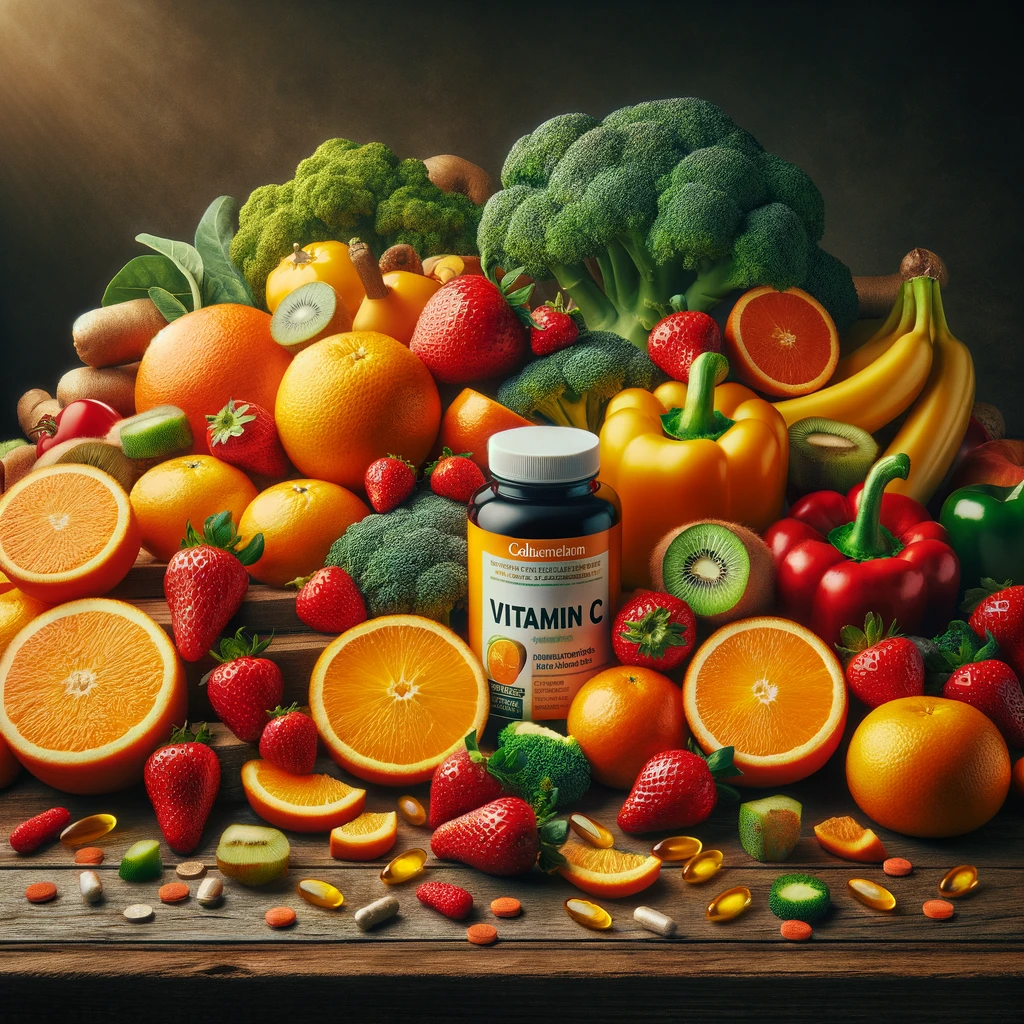Vitamin E
Vitamin E is a critical nutrient known for its antioxidant properties, playing a vital role in protecting cells from the damage caused by free radicals. It is a lipid-soluble component, meaning it is absorbed and transported in conjunction with fats in the diet. Vitamin E is not synthesized by the body and must be obtained through dietary sources such as vegetable oils, nuts, seeds, and green leafy vegetables, or through supplements. The term ‘Vitamin E’ encompasses a group of eight fat-soluble compounds, including four tocopherols and four tocotrienols, with alpha-tocopherol being the most common form found in the human diet.
Great Selection and Prices on Amazon – Shop Now!
The benefits of Vitamin E for the human body are extensive due to its antioxidant activity. It helps in the prevention of oxidative stress, a condition that is associated with the pathogenesis of numerous chronic diseases including cancer, cardiovascular diseases, and neurodegenerative disorders like Alzheimer’s disease. Vitamin E contributes to membrane stability and protects lipids and proteins from oxidation. Its supplementation has been shown to have beneficial effects on skin health, providing photoprotection against UV-induced damage, and on bone structure, by potentially reducing the risk of osteoporosis.
Vitamin E’s role in disease prevention and treatment is significant. It has been found to be effective in the management of conditions such as atherosclerosis by inhibiting the oxidation of low-density lipoprotein (LDL) cholesterol, which is a key factor in the development of cardiovascular diseases. Moreover, its anti-inflammatory properties contribute to its therapeutic potential. However, while in vitro and animal studies have shown promising results, the efficacy of Vitamin E supplements in human clinical trials has been inconsistent, leading to ongoing research to fully understand its role in health and disease.

A great money-saving source for Vitamin E is eBay! Shop Now!
For optimal health benefits, Vitamin E should not be taken in isolation. It works synergistically with other vitamins and minerals. For instance, Vitamin C (ascorbate) can regenerate Vitamin E from its oxidized form, enhancing its antioxidant capacity. Minerals like selenium work in tandem with Vitamin E to enhance its activity in preventing cell damage. Additionally, other antioxidants like beta-carotene and enzymes such as glutathione peroxidase, superoxide dismutase, and catalase also support the antioxidant network within the body.
In conclusion, Vitamin E is an essential nutrient with a wide range of functions in the body, particularly in protecting against oxidative damage and contributing to overall health. While it has shown potential in preventing and treating various diseases, its effectiveness can be influenced by the presence of other nutrients, highlighting the importance of a balanced diet and possibly targeted supplementation under medical guidance.
Citations:
- Sarhan, K., Alias, M., & Kumar, R. S. (2018). A REVIEW ON NOVEL USES OF VITAMIN E. Journal of Critical Reviews.
- Mangialasche, F. (2012). Exploring the role of vitamin E in Alzheimer’s disease: an epidemiological and clinical perspective.
- Mathur, P., Ding, Z., Saldeen, T., & Mehta, J. (2015). Tocopherols in the Prevention and Treatment of Atherosclerosis and Related Cardiovascular Disease. Clinical Cardiology.



